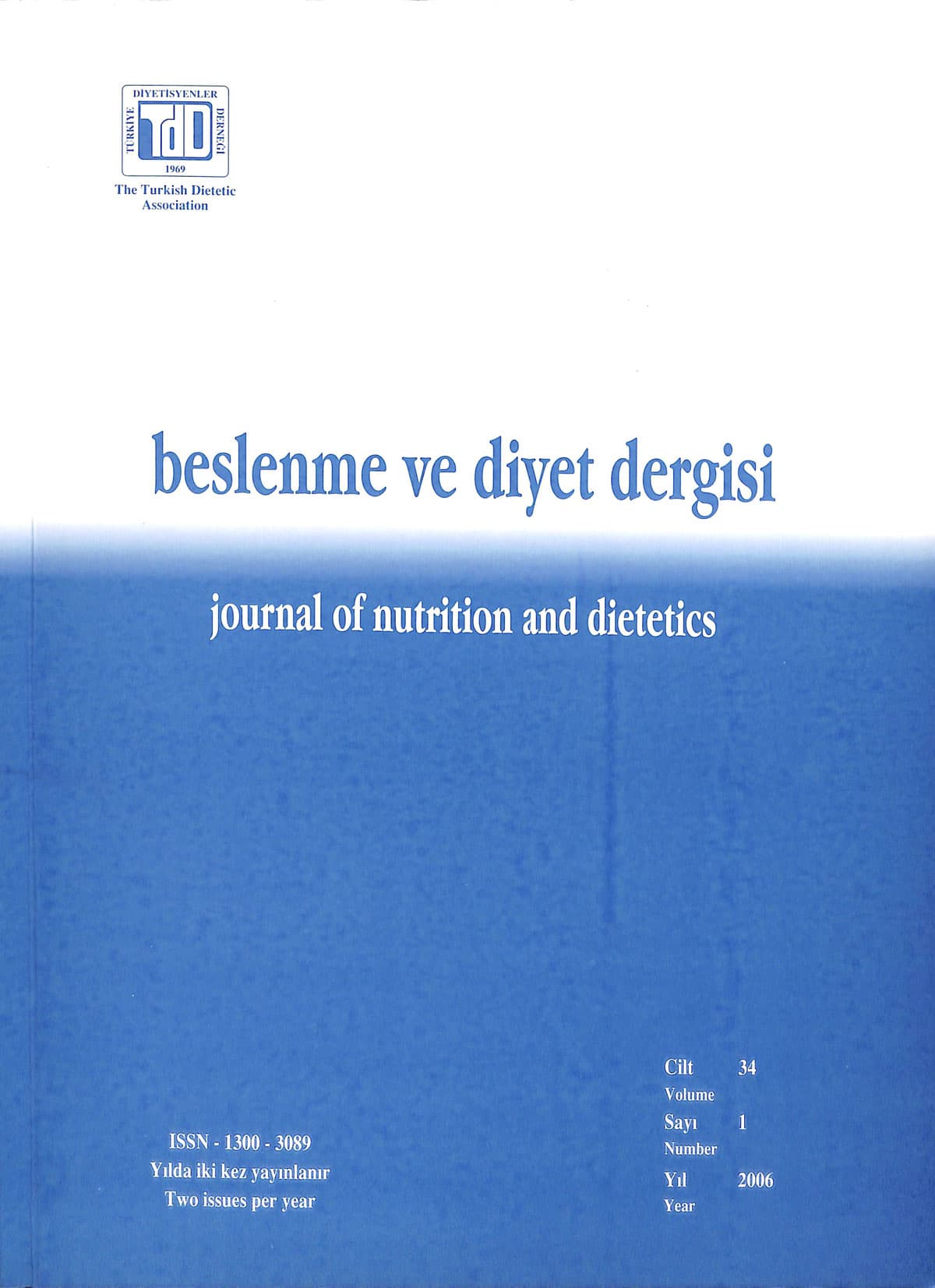Effects of adequate iron intake on iron defîciency anernia and weight at birth: A meta analysis
Keywords:
Meta Analysis, nutrition, pregnancy, anemia, iron defıciency, birth weightAbstract
A single medical study often fails to give a defınite result as to effect o f fo r example a particular treatment. There may also be several studies available giving conflicting results in order to elarify such situations. It has recently became popular to perform what are usually called Meta Analysis, or reviews. A Meta Analysis is a systematic and quantitative summary o f the results from several randomized or observational studies. The main reason fo r performing such a study is to inerease the sample size and in this way to obtain more precise information. A second objective may to inerease the possibility o f generalizing results by ineluding different type o f populations. This method is a systematic reviewing strategy fo r addressing research questiorıs that is especially useful when results from several studies disagree with regard to magnitude or direction o f effect, wherı sample sizes are indivually too small to detect an effect and label it statistically signifıcant or when a large trial is too costly and time-consuming to perform. Meta Analysis method has been used to combine the researches examining the effects o f pregnant women's daily iron consumption, age, and number o f pregnancy on anemia and birth weight . As iron consumption is very important during pregnancy, nutritional and other factors that effect this subject had been studied by a lot o f researchers and different results have been published. In this study various researhes which had investigated nutritional and other factors that affect anemia during pregnancy and published between 1984-1997 were eveluated. During our research eleven o f the studies were found suitable fo r the criteria that mentioned fo r Meta Analysis and the results were combined with Meta Analysis and the most p o ssib le summary results were obtained. Signifıcant results were found between inadequate iron intake and anemia (%2 MH= 36.88, p< 0.001 ) but non-significant results were found between lower birth weight and inadequate iron intake (%2MH—8.75, p>0.05). Also there was no relationship between anemia and women' ages and number of pregnancy.

